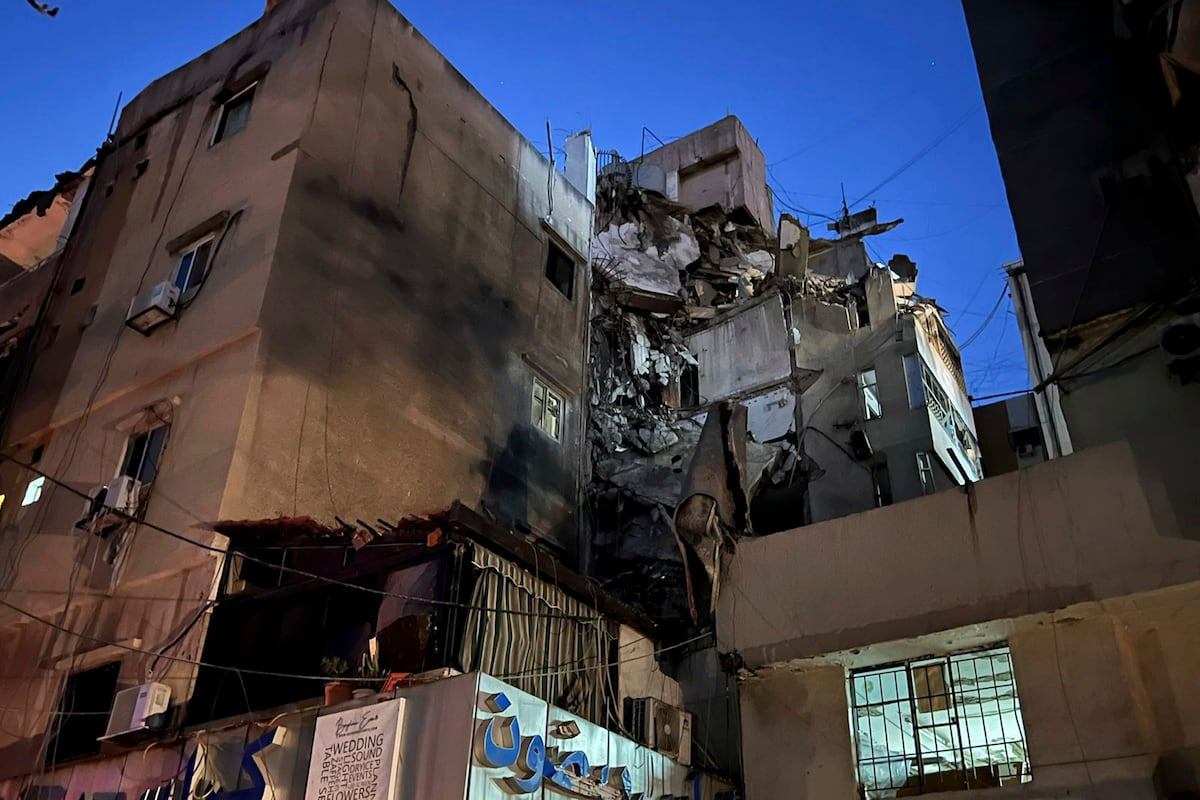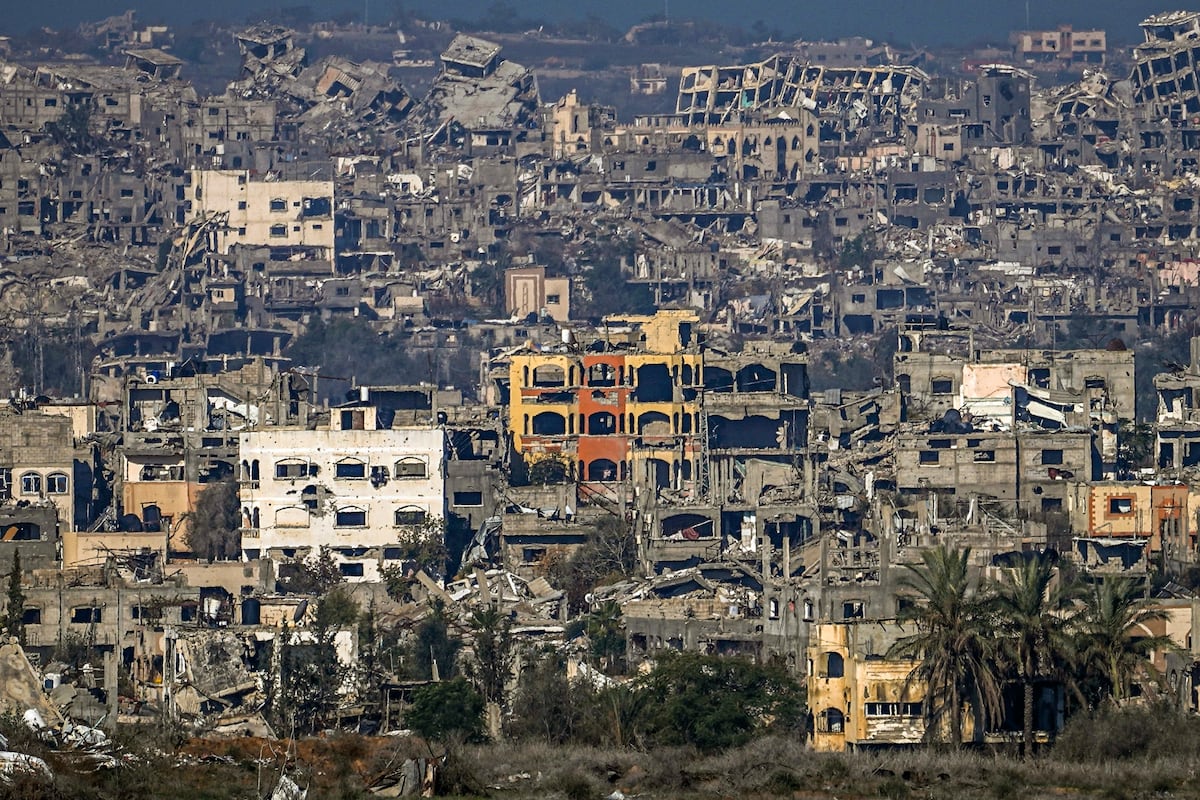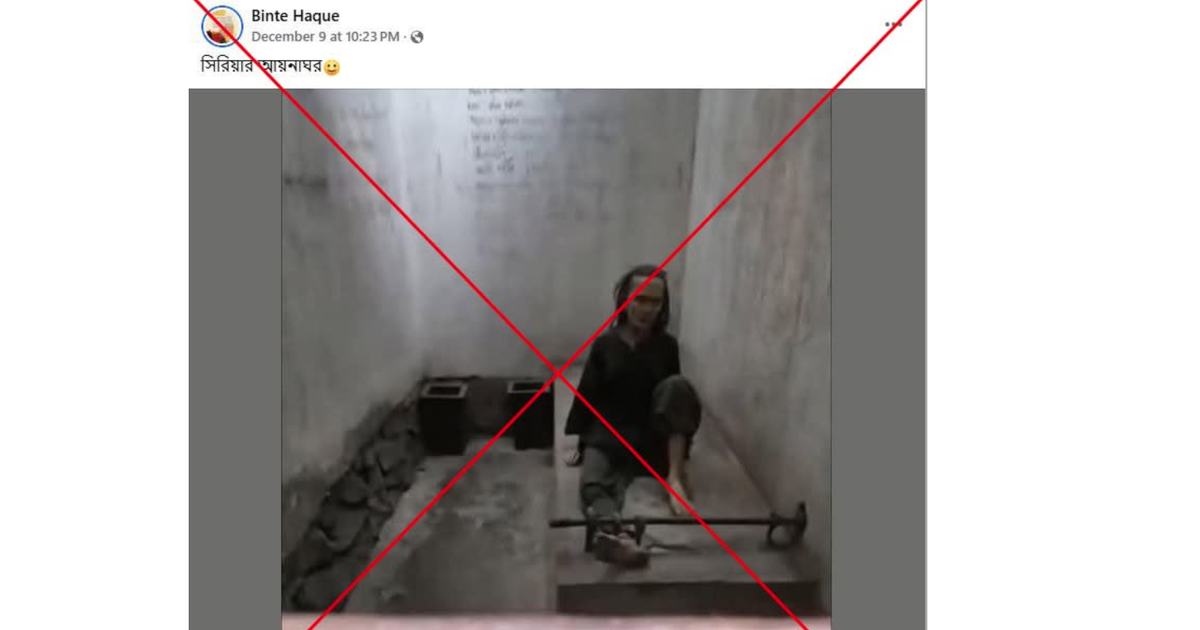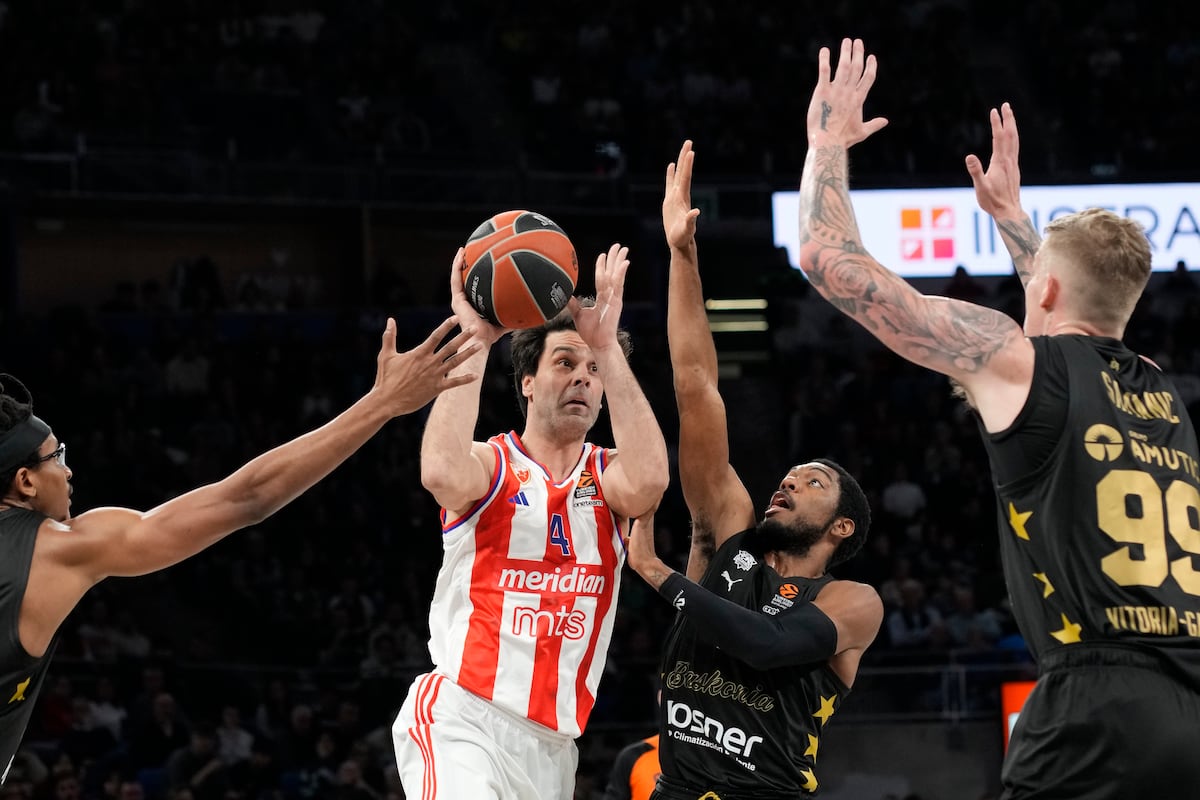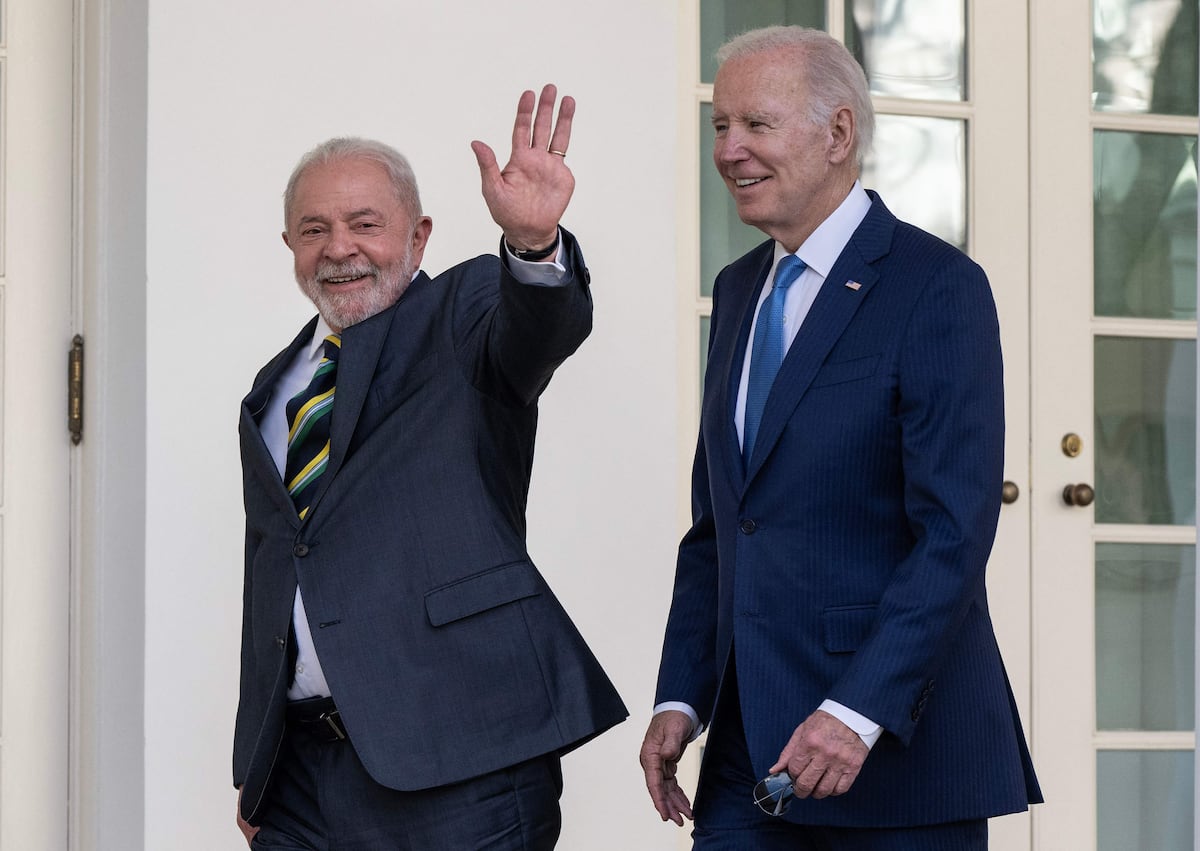The Israeli army launched a “targeted attack” on Tuesday against a Hezbollah headquarters in southern Beirut, the capital of Lebanon, in response to the deaths of 12 minors on Saturday in the Syrian Golan Heights occupied by Israel after the launch of a missile that the Jewish state accuses the Lebanese militia of, something they deny. The target was Fuad Shukr, considered the number two of the Shiite militia, a veteran member of the group since it was founded four decades ago and responsible for military activities. The Israeli army declared Shukr dead late in the evening.
The US State Department accuses him of the attack on a barracks in Lebanon in 1983 that killed 241 Americans and is offering five million dollars (4.6 million euros) to anyone who provides information about him. Israel holds Shukr, the right-hand man of the group’s top leader, Hassan Nasrallah, responsible for Saturday’s attack in the Golan Heights.
The bombing of Beirut on Tuesday, the first in the Lebanese capital since an explosion in January killed Hamas deputy Saleh al-Aruri, took place amid fears that Israel and Hezbollah could open a full-scale war, like the one they started in 2006, after almost 10 months of constant attacks from both sides of the border. In fact, on Tuesday an Israeli civilian was killed near the border after a projectile was launched from the Lebanese side.
“The army has carried out a targeted strike in Beirut against the commander responsible for the murder of the children in Majdal Shams and the murder of numerous other Israeli civilians,” according to a statement posted on the social network X (formerly Twitter). “Hezbollah had crossed the red line,” Israeli Defense Minister Yoav Gallant said on his X account. Prime Minister Benjamin Netanyahu followed the attack from Jerusalem before heading to the army headquarters in Tel Aviv in the evening, it reported. Times of IsraelHamas has described the bombing in the Lebanese capital as a “dangerous escalation,” according to a statement. Iran, the main supporter of the militia and of this Palestinian armed movement, has also condemned it through its Foreign Ministry.
The United States, whose government has been calling for calm in recent days amid fears of an escalation, insists it will continue to try to stop a higher-level war, according to the State Department. “We continue to work to achieve a diplomatic resolution that will allow Israeli and Lebanese civilians to return to their homes and live in peace and security. We certainly want to avoid any kind of escalation,” State Department deputy spokesman Vedant Patel told a briefing, Reuters reports.
Knowing what’s happening outside means understanding what’s going to happen inside, so don’t miss anything.
KEEP READING
Israel had given its main ally the United States advance notice that it was going to carry out the attack in Beirut, according to CNN. Tensions were already high and some airlines had suspended flights to Beirut airport, the country’s only one. Lebanon’s Foreign Minister Abdallah Bouhabib hopes that Israel’s response will be “proportionate” to avoid an escalation and added that his country will lodge a complaint with the United Nations Security Council, Reuters reports.
Saturday’s attack took place in the town of Majdal Shams (Golan Heights). In this town of 11,000 people, almost all of them Druze, only 20% have Israeli nationality. The Israeli government, however, considers them its citizens and has said from the outset that it would carry out a strong response. The latest to announce this was Prime Minister Netanyahu who, amid boos and insults, visited the scene of the massacre on Monday.
Israeli authorities accuse Hezbollah of having launched a Fajer 1 rocket at a football field. Majdal Shams, in the Syrian Golan Heights occupied by Israel since 1967, is still in mourning and black flags and ribbons dominate the town, which is still awaiting the status of the thirty wounded, some of them in critical condition.
Twelve chairs, each with a ball and a shirt bearing the name of a victim, are part of the memorial that, in one of the roundabouts of Majdal Shams, commemorates the 12 children killed. A large number 12 with photos of all of them and two black flags top this kind of altar erected at the entrance to the sports complex where the attack took place. The artificial turf of this field is a constant place of pilgrimage. The locals consider this bombing on Saturday the greatest tragedy since the Yom Kippur war in 1973, six years after Israel took control of this territory.
It was in this same place that Netanyahu said on Monday that the “response will come, and it will be harsh.” “The Druze community has paid a very high price in the war” and “I salute the heroic soldiers who have given their lives in the name of all of us. I tell them: We are brothers. We have a pact of life, but I regret that it is also a pact of mourning and pain,” according to words released by his office.
On January 2, Hamas’ number two, Saleh al-Aruri, was assassinated in Beirut in an attack in which even the United States saw Israel as the cause, although, as in other cases, the Jewish state did not officially confirm its responsibility.
Until the attack on Majdal Shams last weekend, the death toll on the Israeli side during the nearly 10-month war had risen to around ten civilians and around twenty soldiers. Of the approximately 500 deaths during the war on Lebanese territory, around 400 belong to Hezbollah, of which around 60 are commanders. The other 100 are civilians, including three journalists. The Iranian-backed Lebanese militia began attacking Israeli territory shortly after the Jewish state’s troops began bombing Gaza on October 7 in response to the killing of some 1,200 people in Israeli territory by armed Palestinian militants led by Hamas.
Follow all the international information atFacebook andXor inour weekly newsletter.

